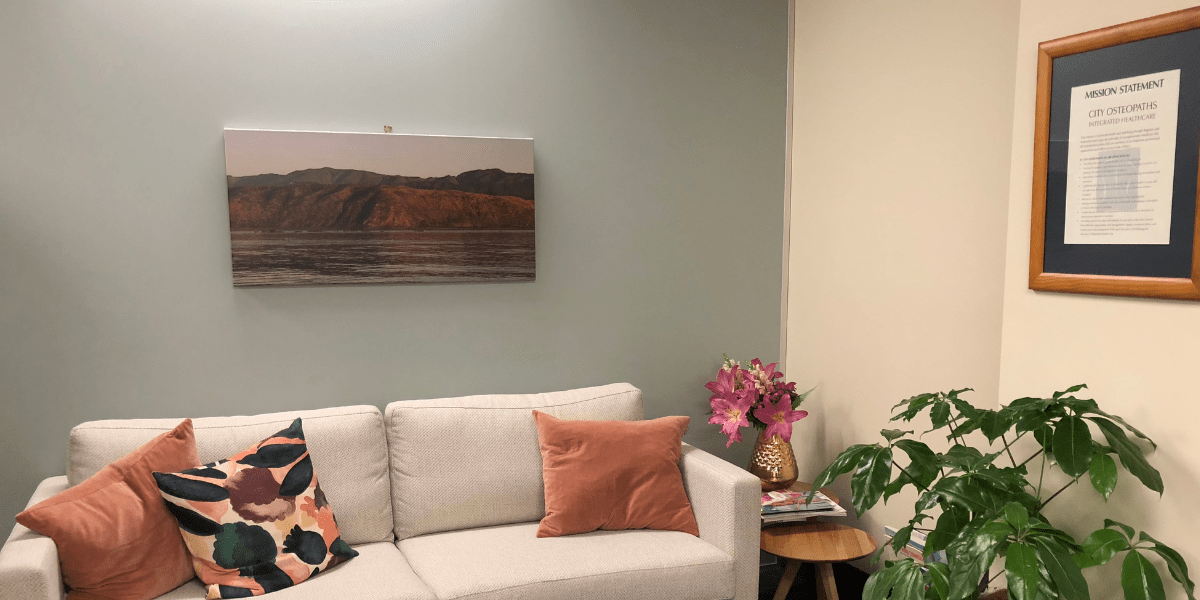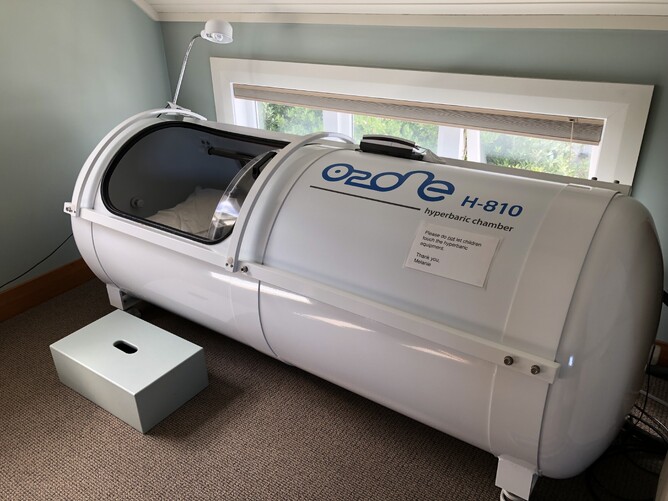What is sleep apnoea?
Sleep apnea is a breathing disorder that is characterised by pauses in breathing while sleeping. Although this is a common disorder, many people have yet to get diagnosed. If left untreated, this disorder can cause a wide range of health issues such as high blood pressure, increased risk of heart disease, type 2 diabetes, metabolic syndrome and stroke.
What is the main type of sleep apnoea?
Obstructive sleep apnoea (OSA) – that occurs when throat muscles relax and block the flow of air into the lungs.
What are the symptoms of sleep apnoea?
When our cells don’t receive oxygen properly, this can create a range of uncomfortable symptoms that can disrupt someone’s day-to-day life and overall well-being. The typical symptoms of sleep apnoea may vary from person to person. The most common symptoms of obstructive and central sleep apnoea include:
Loud snoring
Episodes in which you stop breathing during sleep — which would be reported by another person or a phone app
Gasping for air during sleep
Awakening with a dry mouth
Morning headache
Difficulty staying asleep, known as insomnia
Excessive daytime sleepiness, known as hypersomnia is key
Difficulty paying attention while awake
Irritability
In addition, a large list of additional OSAS-associated morbidities has been reported, including chronic kidney disease, erectile dysfunction, ocular conditions, Alzheimer disease, nocturia, and even cancer in adults, while in children, enuresis (night time bed wetting) and bruxism (teeth grinding) are frequent adverse consequences
What are the treatment options for sleep apnoea?
There are multiple treatment options available including continuous positive airway pressure (CPAP), which is a face mask that delivers air pressure through a mask while you sleep. Also, hyperbaric oxygen therapy is used as a treatment option due to the increased levels of oxygen received within the hyperbaric chamber.
How can hyperbaric oxygen therapy help with sleep apnoea?
Scientists have found that hyperbaric oxygen therapy has promising results for patients suffering from disorders such as sleep apnoea.
In fact, hyperbaric chamber therapy can help alleviate the symptoms of sleep apnoea by reducing throughout the body and especially inflammation in the airways. Inflammation can cause the airways to narrow, making it difficult to breathe during sleep. By reducing inflammation, hyperbaric chamber therapy can help improve airflow and reduce the frequency and severity of sleep apnoea episodes.
For more Information on our hyperbaric chamber, please click here.
Obstructive Sleep Apnea and Oxygen Therapy - a systematic review of Literature and Meta -Analysis. Link
Obstructive Sleep Apnea and Inflammation: Proof of Concept Based on Two Illustrative Cytokines by Leila Kheirandish-Gozal and David Gozal 2019 Link
Obstructive Sleep Apnea linked to Inflammation. Link
Sleep Apnea Symptoms and Causes Link
Hyperbaric oxygen treatment of Fibromyalgia Link
Effectiveness of Hyperbaric oxygen in the treatment of Fibromyalgia Meta-Analysis of RCTs Link
To find out more about the author Dr Melanie Young, Click here




